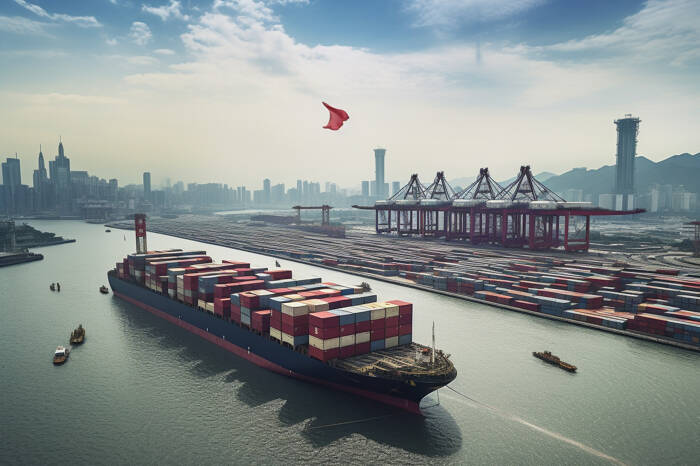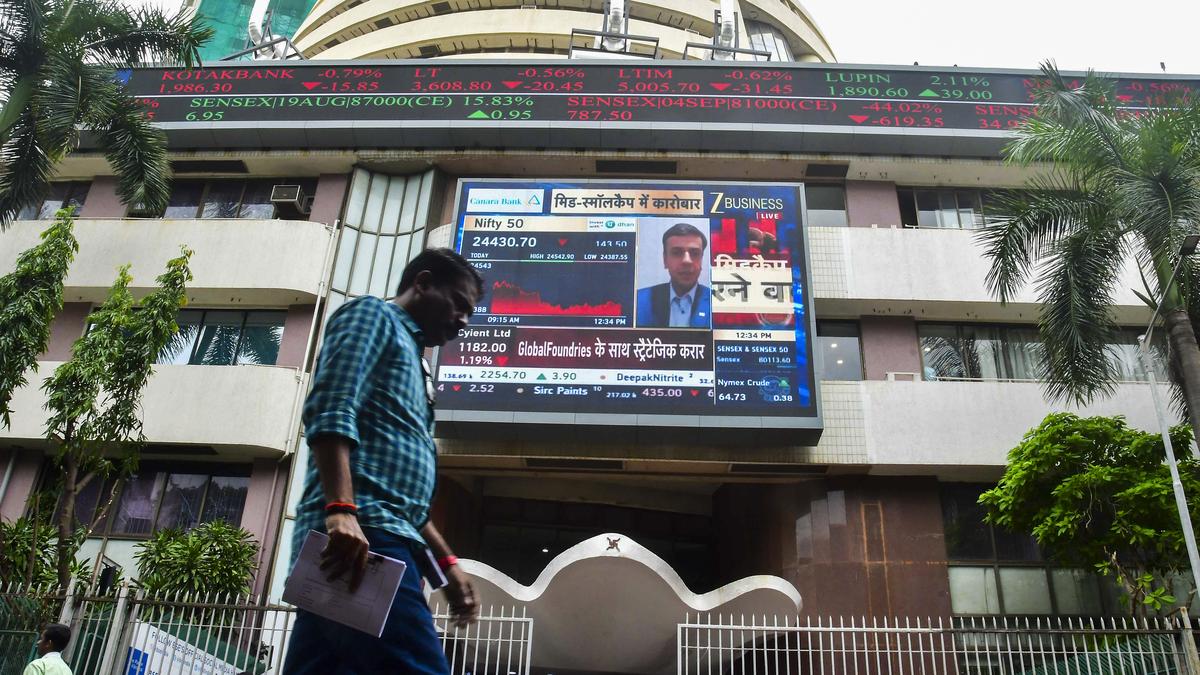“Malaysian Prime Minister Anwar Ibrahim said that amid growing unilateralism, Malaysia is ready to strengthen cooperation with China jointly to face risks and challenges with China. He emphasized that ASEAN would not support any unilateral imposition of tariffs and increase collective flexibility through cooperation to maintain economic development.”
China Premier XI Jinping also traveled to Vietnam’s favorable state, Allegedly Talking of a possible BRICS membership. Strong relations with major exporters, including potential inroads with the European Union, can help China absorb tariff shock.
Political commentator Brian Tyler Cohen reacted to an suggestion that Trump managed to separate China from the rest of the world, They said,
“Now reporting that Japan and South Korea are talking on trade deals with China … that the European Union is ending the Chinese EV tariff. I am worried that you are not familiar with which country is being separated – it does not look like China.”
Despite the intensity of the US-China trade war, China remains open to negotiation. David Engels, Bloomberg TV Chief Market Editor for Asia Pacific, Comment,
“IMO is the most important part of the US-China tariff story that is unfortunately not to pay attention to anyone (which is a bizarre TBH because China said it many times). China said (many times) it is open to conversation but insists to behave with respect.”
Economist Shane Jiangang echoed it on Bloomberg TV, They said,
“China is waiting for the US to realize that the trade war is also bad for the American economy.”
US-Hong Kongs deviations on market tariffs
On 16 April, the US markets tumbled as Fed Chair Powells, warning that tariffs could slow down development and fuel inflation. Dow and S&P 500 dropped 1.73%and 2.24%respectively, while NASDAQ overall 3.07%slipped.
In contrast, the Hang Seng index increased by 1.62% in early trade on Thursday, 17 April, which took the benefit of year-on-year (YTD) to 6.67%. The mainland China equity markets have also performed better than the American markets. Despite the trade war, the Shanghai Composite Index is 4.14% YTD. Meanwhile, Nasdaq Composite has tumbled 15.55% YTD.
Stanberry Research editor and analyst Brian Tykangko commented:
“Hong Kong’s major index is still rally today even after the major loss of Wall Street. Dicouling takes many forms. It can be the size of the coming things if the seeding is capable of maintaining development through stimulation and focuses on keeping things stable at home.”


